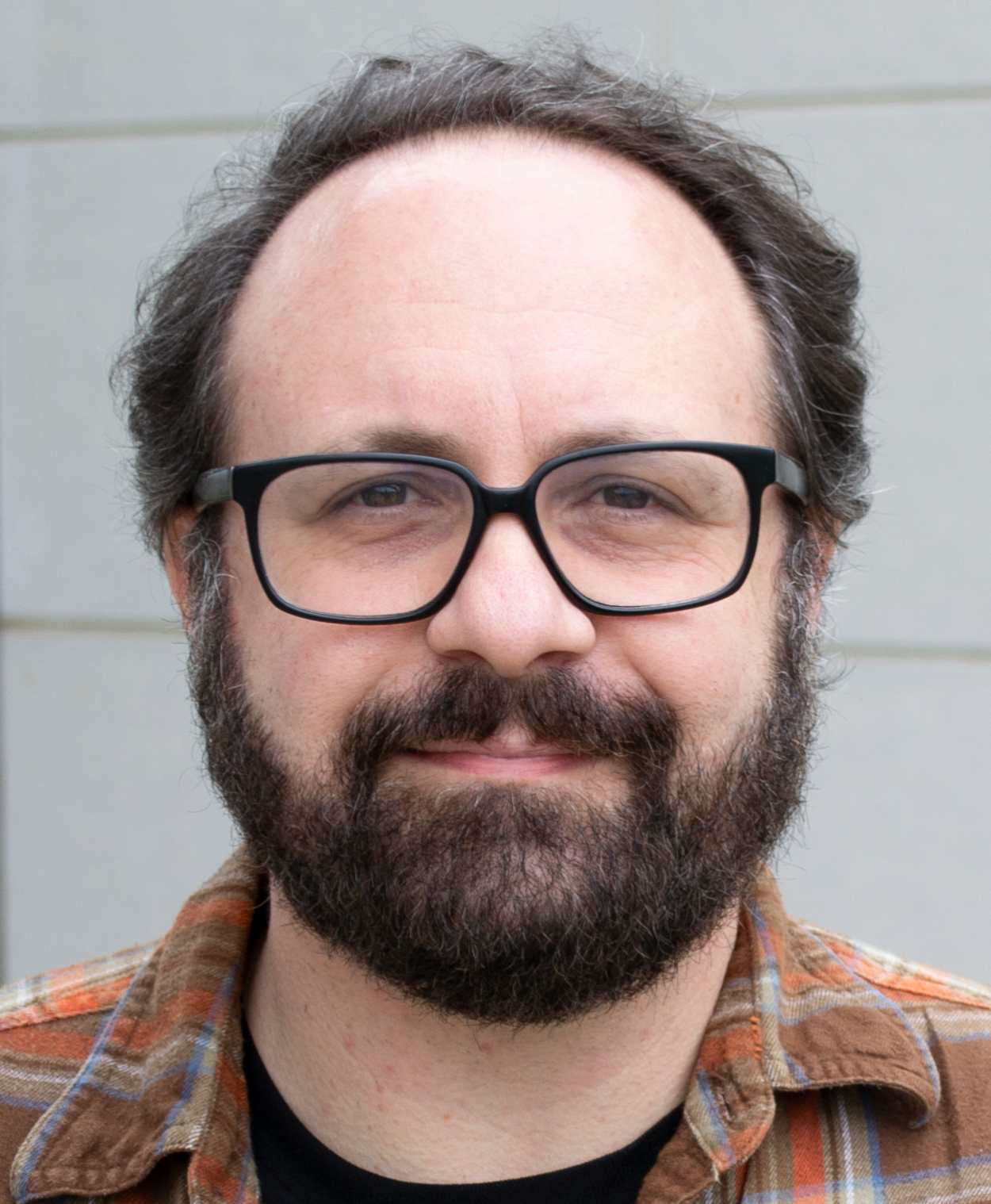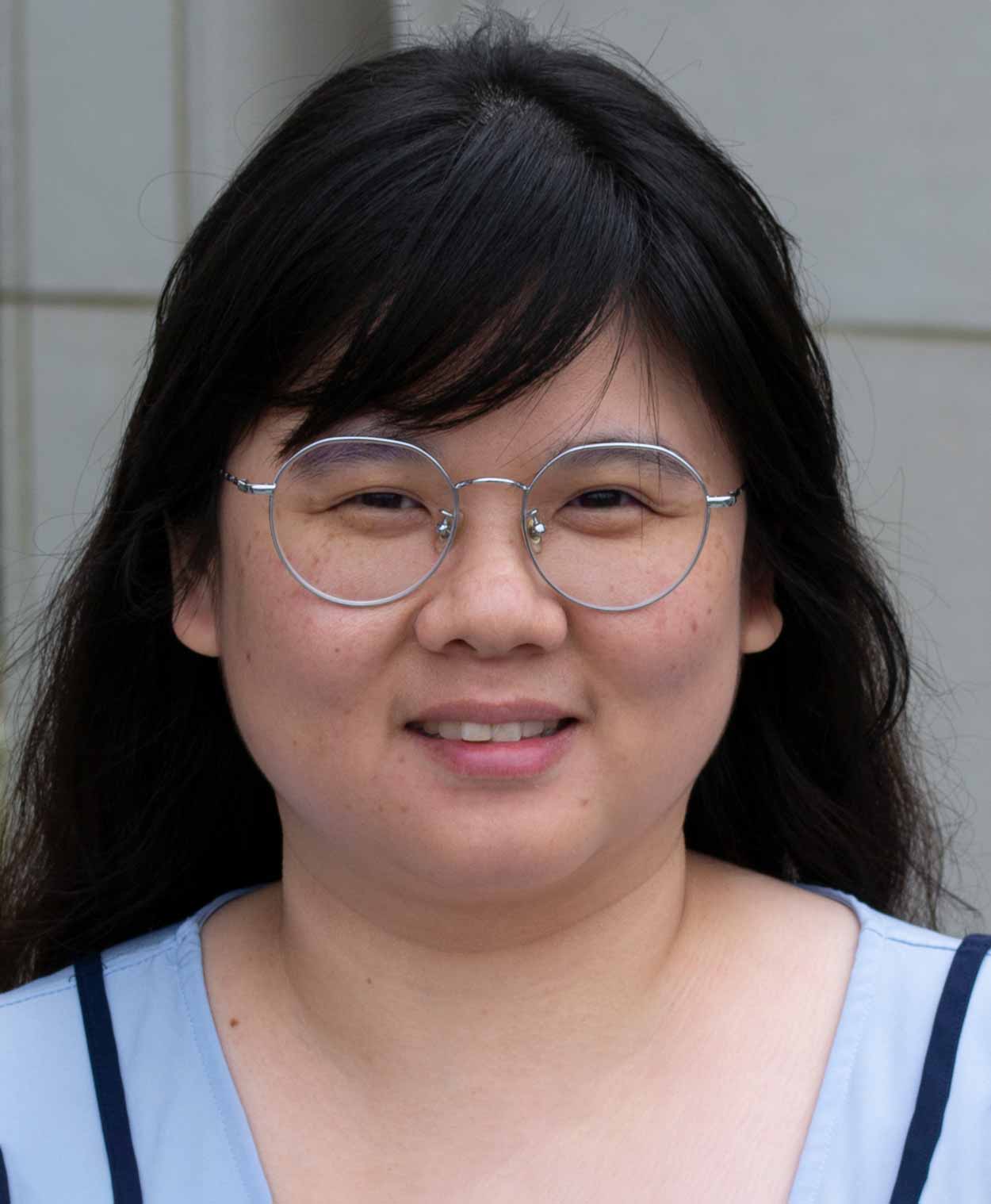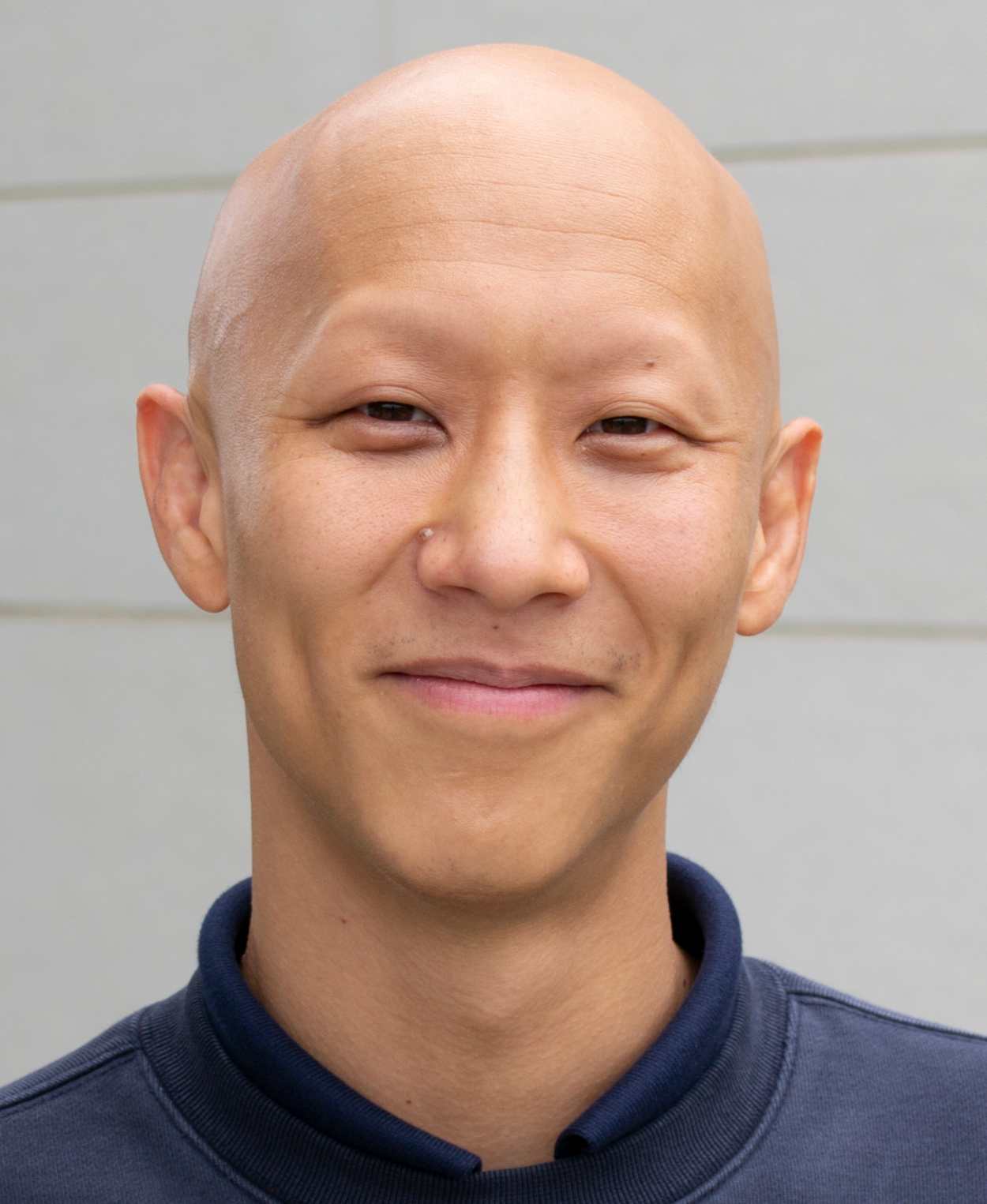Introducing the New Kavli Institute for Brain and Mind Postdoctoral Scholars
July 23, 2024
By Mario Aguilera

KIBM postdoc scholars (from left) Damion Demeter, Yvonne Hu and Seahyung Park.
UC San Diego's Kavli Institute for Brain and Mind (KIBM) has named three new postdoctoral scholars to its program that supports innovative neuroscience research.
Now in its third year, the KIBM Postdoctoral Scholars Program provides financial support and networking opportunities for outstanding postdocs at UC San Diego and Salk Institute. KIBM postdoctoral scholars receive $50,000 for 12 months (renewable for a second year contingent on progress and the faculty mentor's continued sponsorship). Scholars present their research findings at the annual KIBM Symposium on Innovative Research.
The 2024-2025 KIBM Postdoctoral Scholars
Damion Demeter

Damion Demeter is a postdoctoral scholar working with Assistant Professor Deanna Greene in the Developmental Cognitive Neuroscience lab in the UC San Diego Cognitive Science Department. Demeter's research focuses on leveraging advanced human fMRI methods to investigate how functional brain networks organize during development. Demeter is especially interested in investigating specific metrics of functional network organization that vary in clinical populations such as ADHD, autism spectrum disorder and Tourette syndrome, and how these insights can translate into applications that improve clinical outcomes for children. Demeter is also very passionate about mentorship, providing insight about navigating graduate school to other first-generation college students, and is active in the open science community.
Yvonne Hu

Yvonne Hu is a postdoctoral fellow in the Komiyama Lab at UC San Diego's Department of Neurobiology. She earned her Ph.D. in photonics in 2023 from National Cheng Kung University in Taiwan, where she focused on wide-field two-photon microscopy and imaging restoration for low signal-to-noise ratio fluorescence images of Drosophila. During her time as a visiting scholar in the Komiyama Lab, she researched the disengagement of the motor cortex in long-term learning, which sparked her interest in neuroscience. In her postdoctoral training, she investigates how the functional cortico-cortical network develops as mice acquire coordinated asymmetric bimanual motor behaviors.
Seahyung Park

Seahyung Park is a postdoctoral fellow in the lab of Sung Han at the Salk Institute. Park first received training in electrophysiology after undergraduate studies at the Korea Institute of Science and Technology (KIST). He received his Ph.D. at the Korea Advanced Institute of Science and Technology (KAIST) where his studies were focused on functionally dissecting neural populations within the pons, utilizing techniques such as optogenetics, chemogenetics, in vivo calcium imaging, tracing and electrophysiology. He is currently interested in neural circuits involved in coupling emotions with physiological changes.
